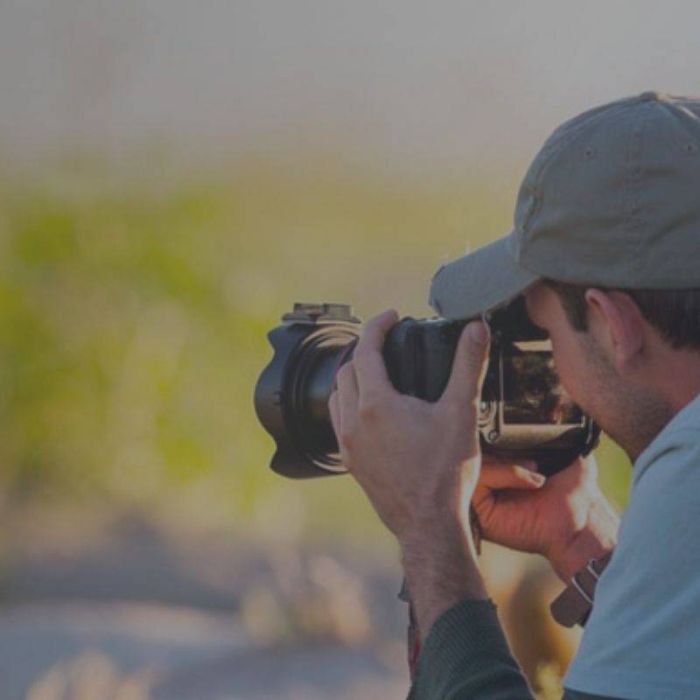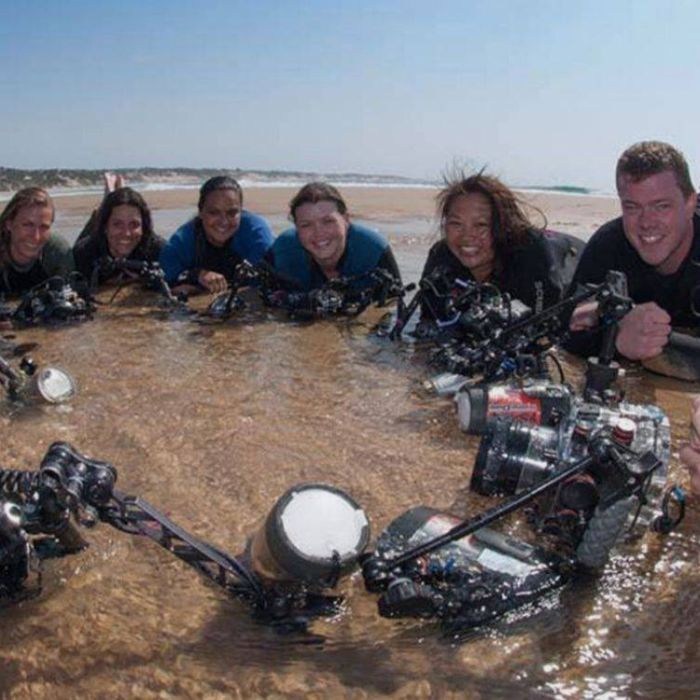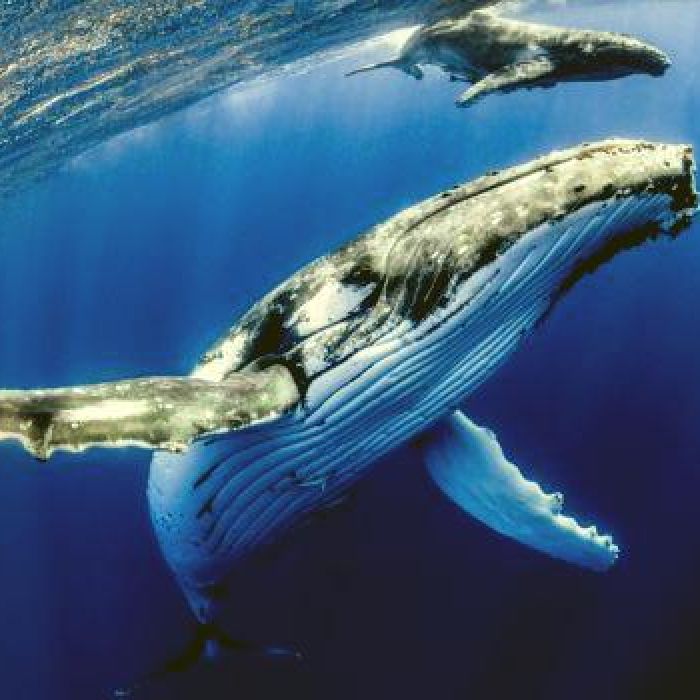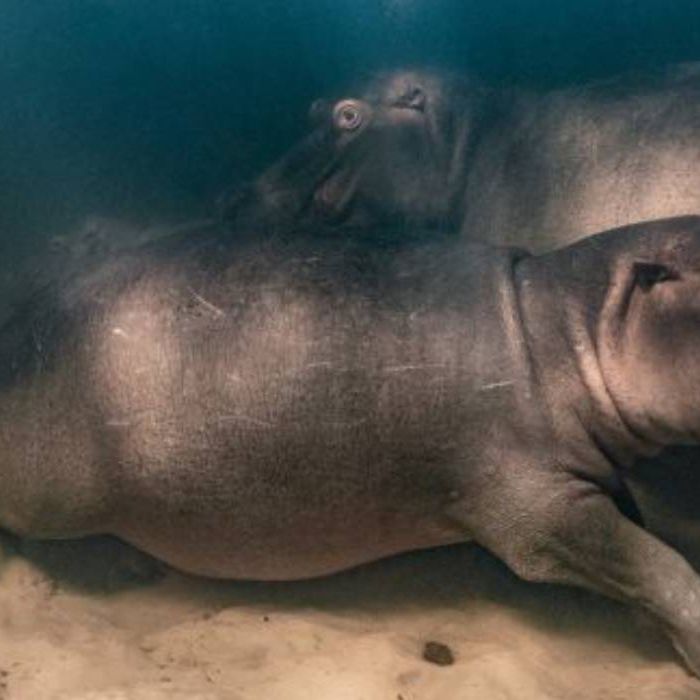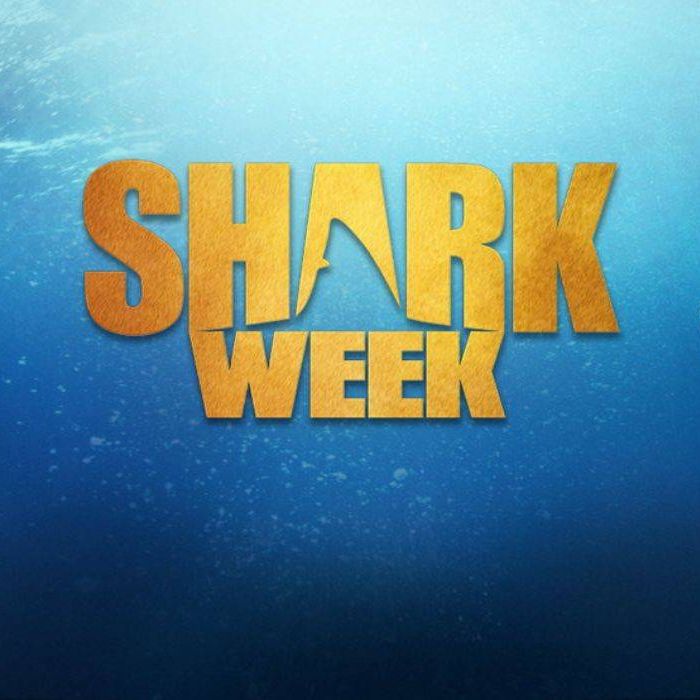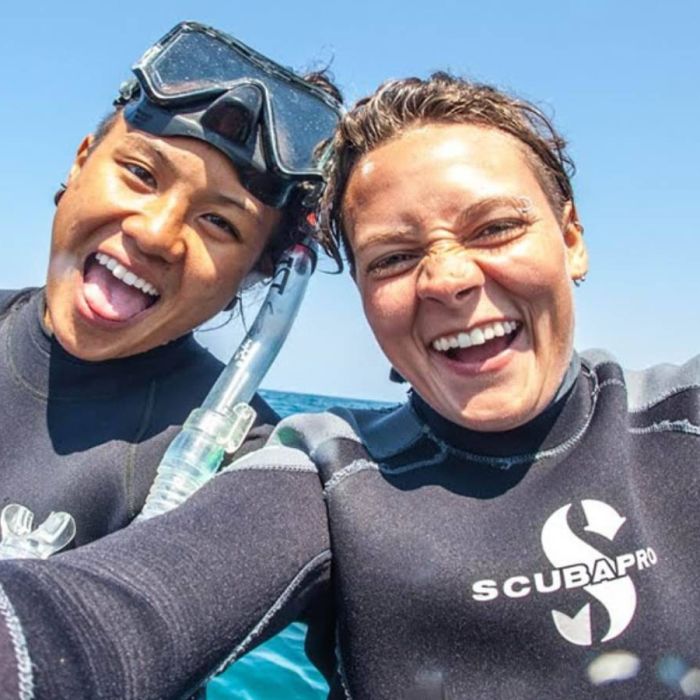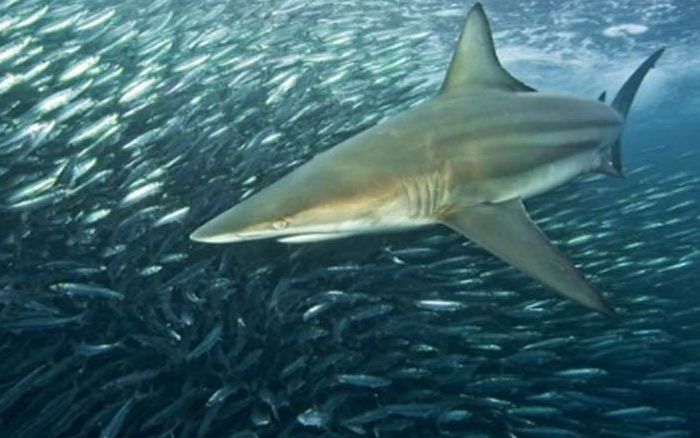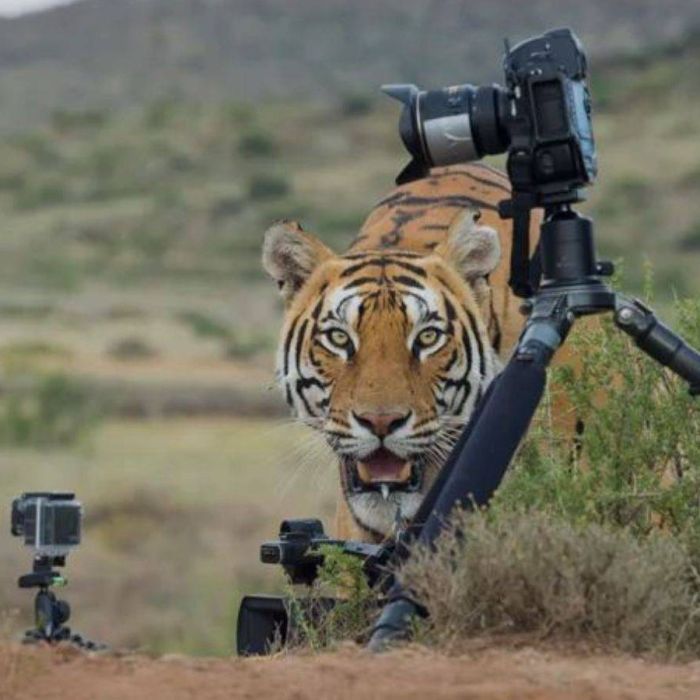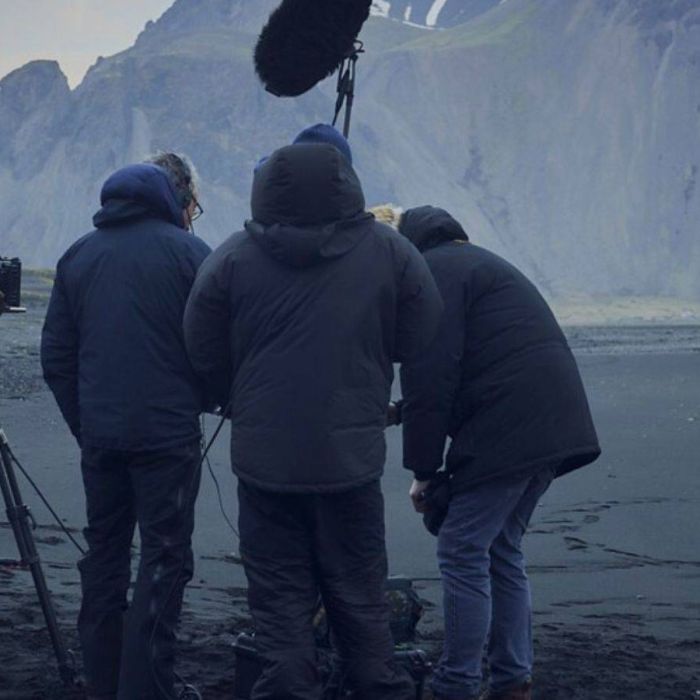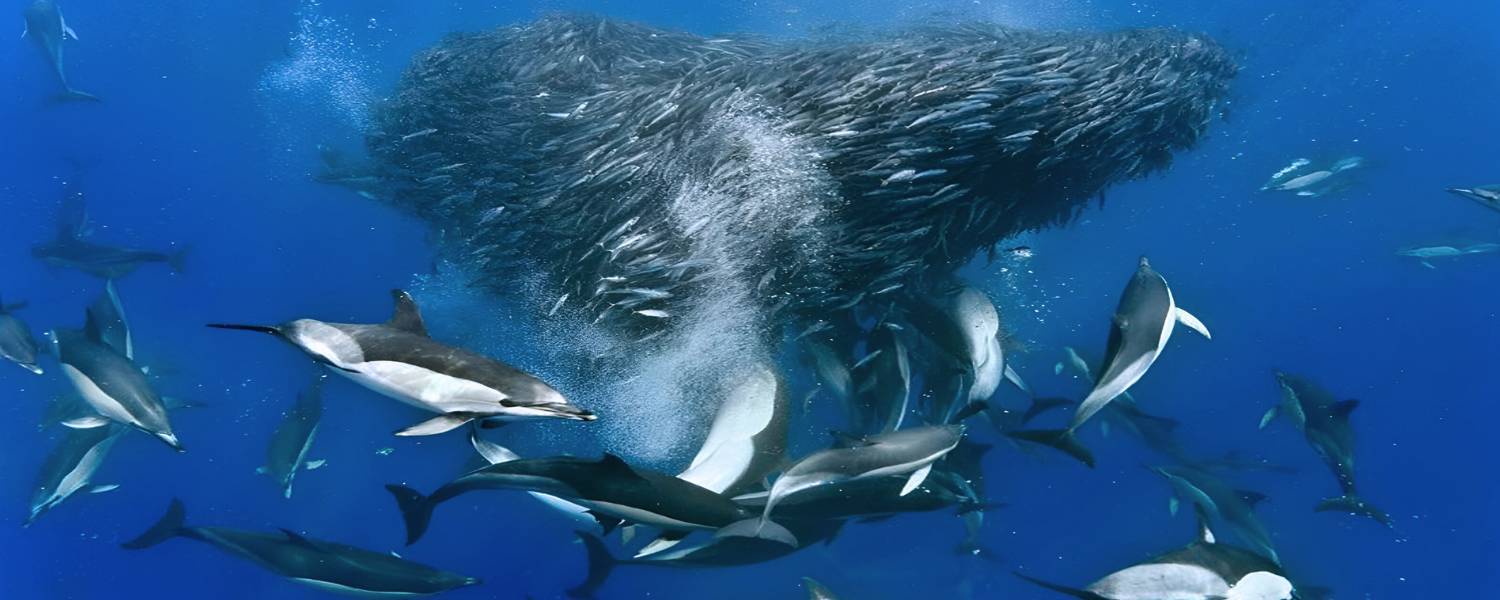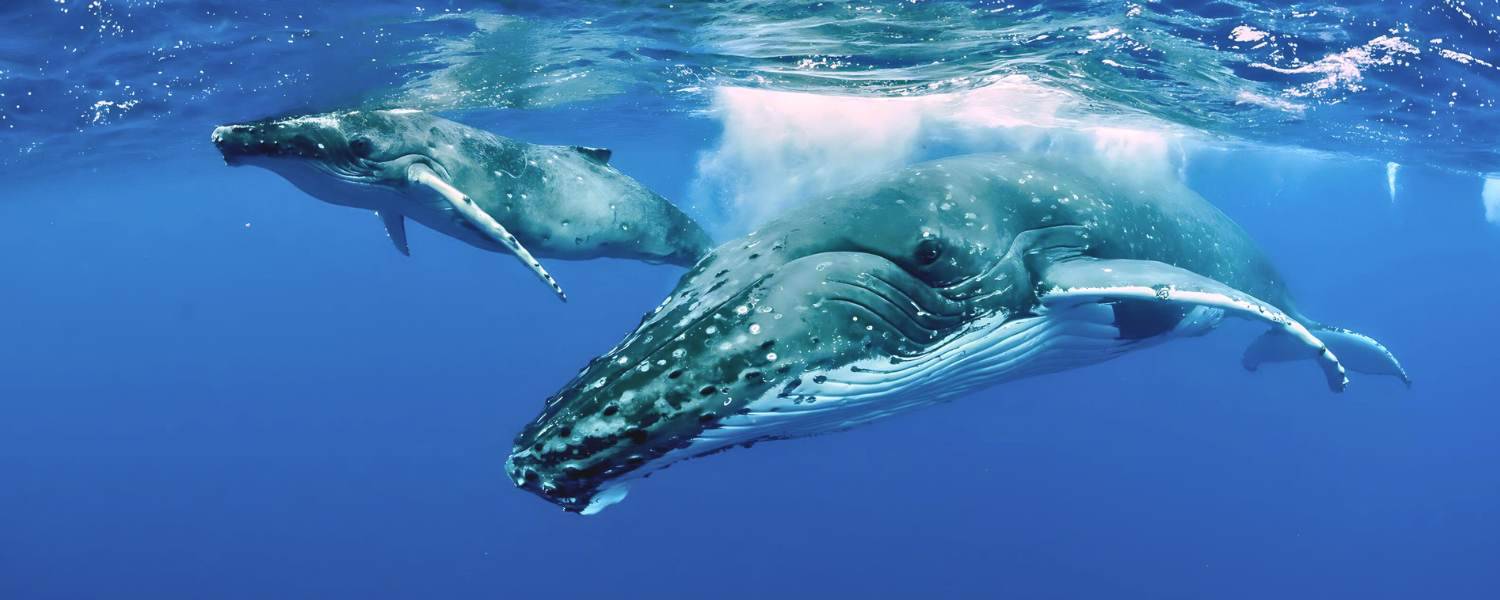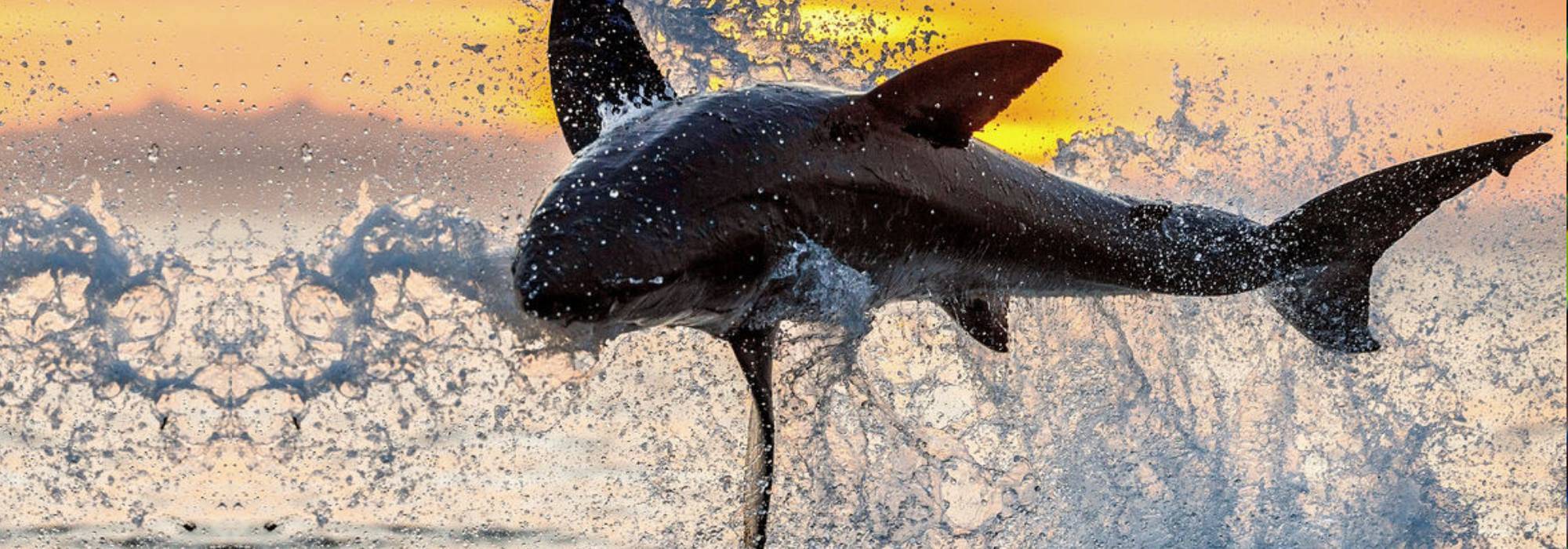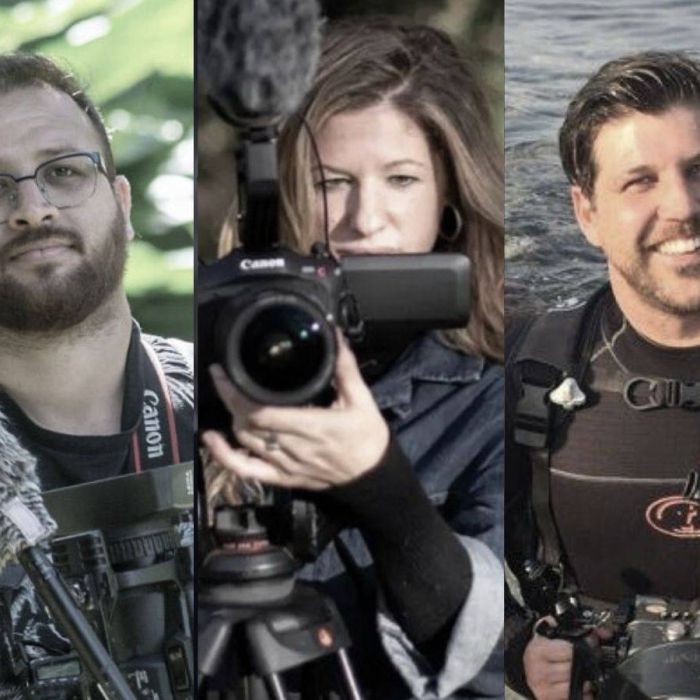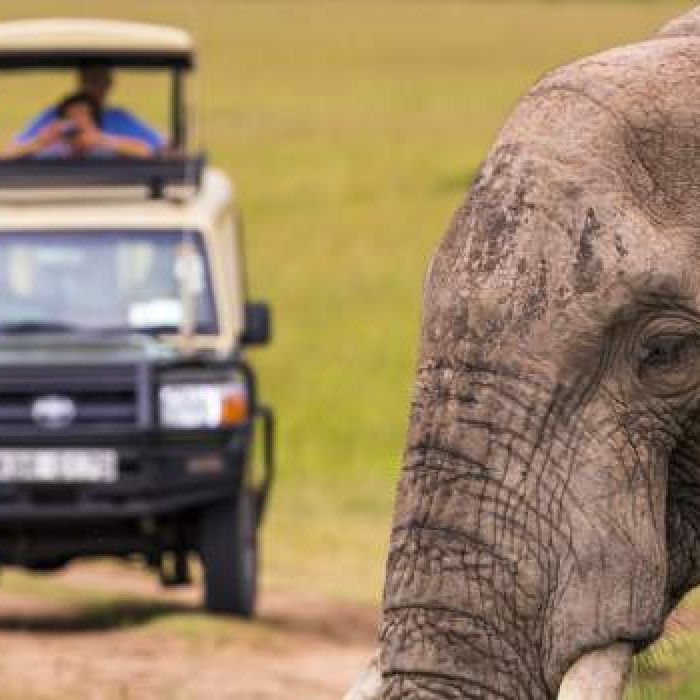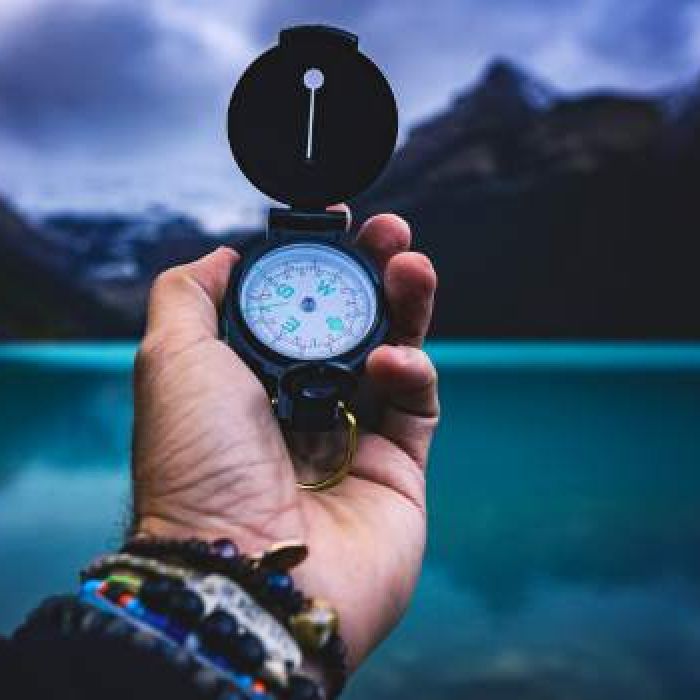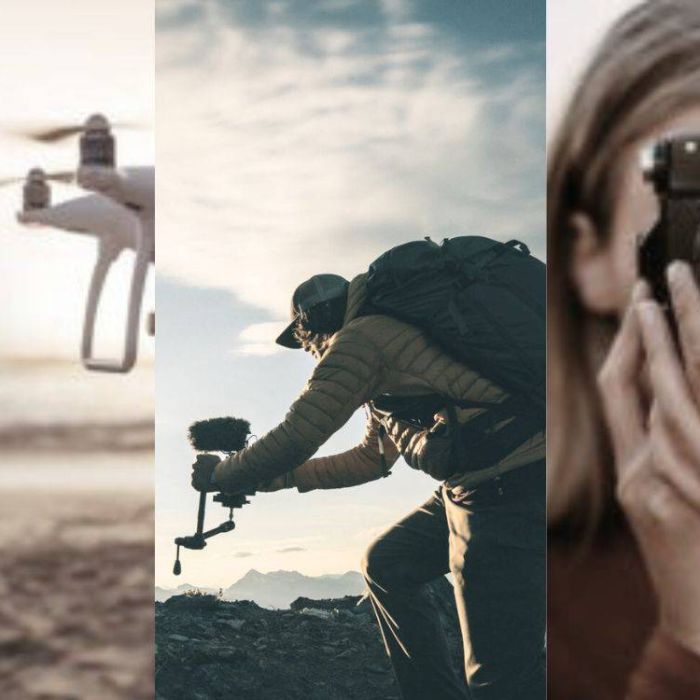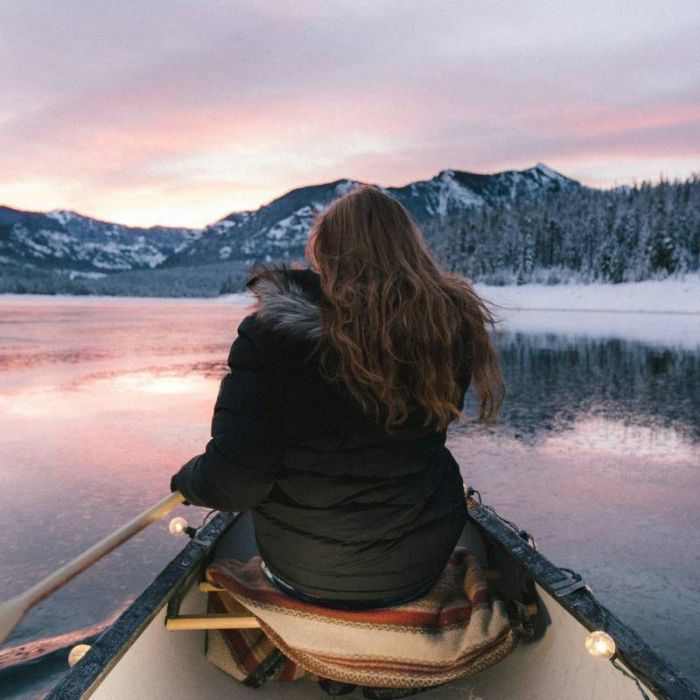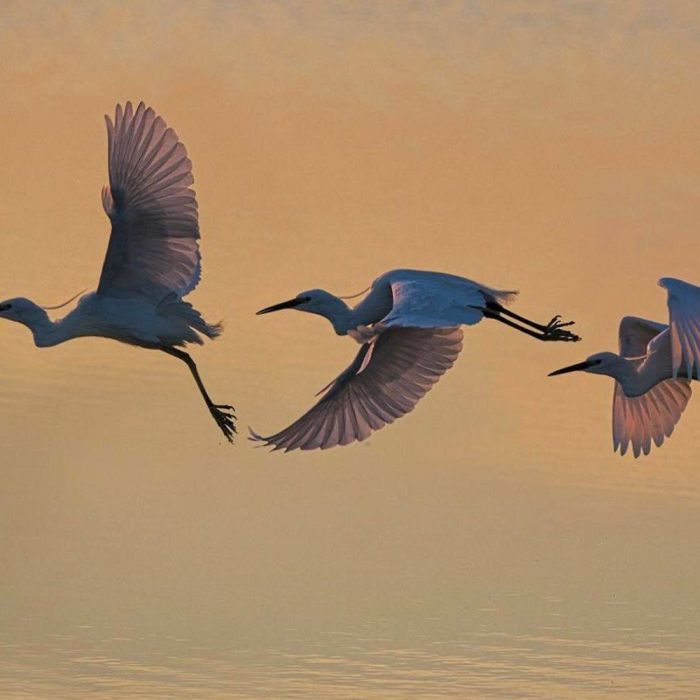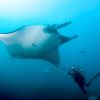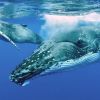Partner content
Advertise here.
One of the reasons why New Zealand is a top destination for shark filming is the high number of species found in New Zealand’s waters. The country’s long coastline is home to various shark species, including the great white, hammerhead, seven-gill, bronze whaler, and grey nurse sharks. The great white shark, in particular, has become one of the most popular species when filming sharks in New Zealand, with spectacular footage showing the sharks leaping out of the water and gliding gracefully through the ocean.
.
2. Diverse Underwater Landscapes
.
New Zealand is unique in that it is home to various underwater landscapes, including rocky shorelines, kelp forests, and deep sea trenches. These different habitats create complex environments that host a wide range of marine life. Sharks, in particular, are attracted to these different underwater landscapes, with rocky shorelines providing a perfect haven for the grey nurse shark. In contrast, great white sharks can be found in the sea caves and deep trenches off the coast of Stewart Island.
Partner content
Advertise here.
Australia is one of the top destinations for shark filming, so it’s natural that New Zealand, which is relatively close to Australia, offers similar opportunities. With a direct flight time of just three hours from Sydney or Melbourne, New Zealand has easy access to Australia’s Great Barrier Reef and other prime shark filming locations.
.
4. Stringent Shark Conservation Regulations
.
New Zealand’s Department of Conservation has implemented strict shark conservation measures to protect the country’s shark population. These measures include banning shark finning (cutting off a shark’s fin and throwing the rest of the animal back into the sea) and a minimum size limit for sharks that can be caught. When filming sharks in New Zealand, these regulations must be observed.
5. Tourism Boost
.
Filming sharks in New Zealand has led to increased tourism, particularly in the country’s South Island, where sharks can be seen in their natural habitats near shore. This has led to a growing public interest in sharks and their conservation, furthering the cause of marine conservation and education on a wide scale.
.
Filming sharks in New Zealand requires proper permits and permissions to ensure that production is conducted safely and legally. In this article, we’ll talk about the permits required for filming sharks in New Zealand and the steps you should take to ensure your production is conducted correctly.
.
The first permit required when filming sharks in New Zealand is from the Department of Conservation (DOC). The DOC is responsible for managing and protecting New Zealand’s wildlife and natural resources, and it requires that all film productions involving wildlife, including sharks, apply for a permit. The DOC will evaluate your production proposal and ensure it does not negatively impact the environment or the filmed animals. The DOC has several requirements that must be met to obtain the permit, including providing detailed information about the filming location, the species of sharks being filmed, and the methods that will be used to film them.
.
In addition to the DOC permit, you may also need to obtain permits from other government agencies depending on the nature of your production. For example, if you plan to film from a boat, you must obtain a commercial marine operator’s license from Maritime New Zealand. This license ensures you operate the boat safely and comply with all maritime regulations. If you plan to use drones to film the sharks, you must obtain a Civil Aviation Authority (CAA) permit. The CAA regulates drone use in New Zealand airspace and requires that all drone operators obtain an approved permit before flying.
.
Another critical consideration when filming sharks in New Zealand is the welfare and safety of the animals being filmed. The use of chum or bait to attract sharks, for example, is heavily regulated in New Zealand and may require specific permits or approvals from the DOC. The DOC has stringent guidelines on using bait to ensure the food does not negatively impact the shark’s behaviour or welfare. You may also need to obtain a permit from the Ministry for Primary Industries (MPI) if you plan to conduct scientific research on the sharks, including taking tissue or blood samples for analysis.
.
Finally, it’s important to note that some areas of New Zealand may be off-limits for filming sharks, especially those protected under the Marine Mammals Protection Act (MMPA) or other biodiversity conservation laws. The MMPA, for example, protects such species as Hector’s and Maui dolphins, and any film production that could harm or disrupt these animals will not be permitted. Similarly, some protected marine reserves may have restrictions on the amount of human activity in the area, which could limit the type or duration of filming that can take place.
.
In conclusion, filming sharks in New Zealand can be an exciting and rewarding experience, but it requires careful planning and adherence to legal requirements. Obtaining the necessary permits and approvals from government agencies like the DOC, MPI, CAA, and Maritime New Zealand is critical to ensuring that your production is conducted safely and without a negative impact on the environment or animals being filmed. By taking the time to research and obtain the required permits and permissions, you can create a memorable production that showcases the incredible beauty and diversity of New Zealand’s shark population.




